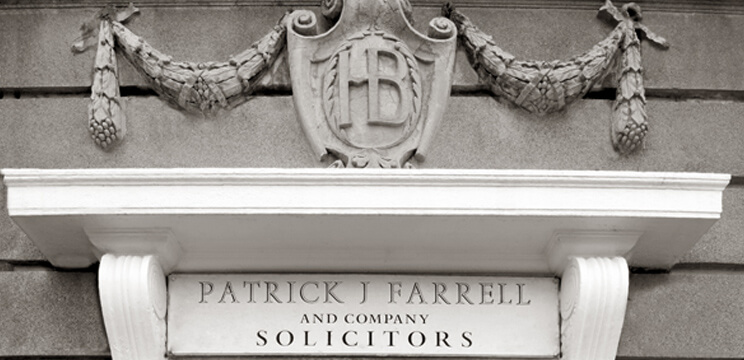Most family property is owned by both spouses together. This means that generally the house passes automatically to the surviving partner when one person dies. However, sometimes a house will be owned by just one of the parties and he/she might not leave that house to their partner when they die.
If you have not been left the house, it does not necessarily mean that you must move out. There are rules that deal with inheritance of the home. There are also rules that apply to same sex couples.
You are entitled to a certain portion of your spouse’s estate if they have made a will before they die (one half if there are no children and one third if there are). This is called the “legal right share”.You can choose to take this share of your spouse’s assets instead of any gift they leave you in the will. If your spouse dies without making a will, you will have a right to a certain portion of their assets there too.
The rights of succession state that you can take this “legal right share” in the form of money inheritance or you could use this right to secure ownership of your home. You instruct the people that are in charge of distributing the assets that you would prefer to take the house instead of your share. If your house is worth less than your entitlement then the process will be straightforward. However, if your house is worth more than your entitlement it is more difficult. One option available to you there would be raising the balance and paying to ensure that you keep your home. If you can’t raise the balance, there is also the option of applying to the court. The court could decide to allow you to keep the house without the payment of any money or for a lesser sum of money. The court might do this where there is particular hardship caused to you or your child where you have to leave your house.
